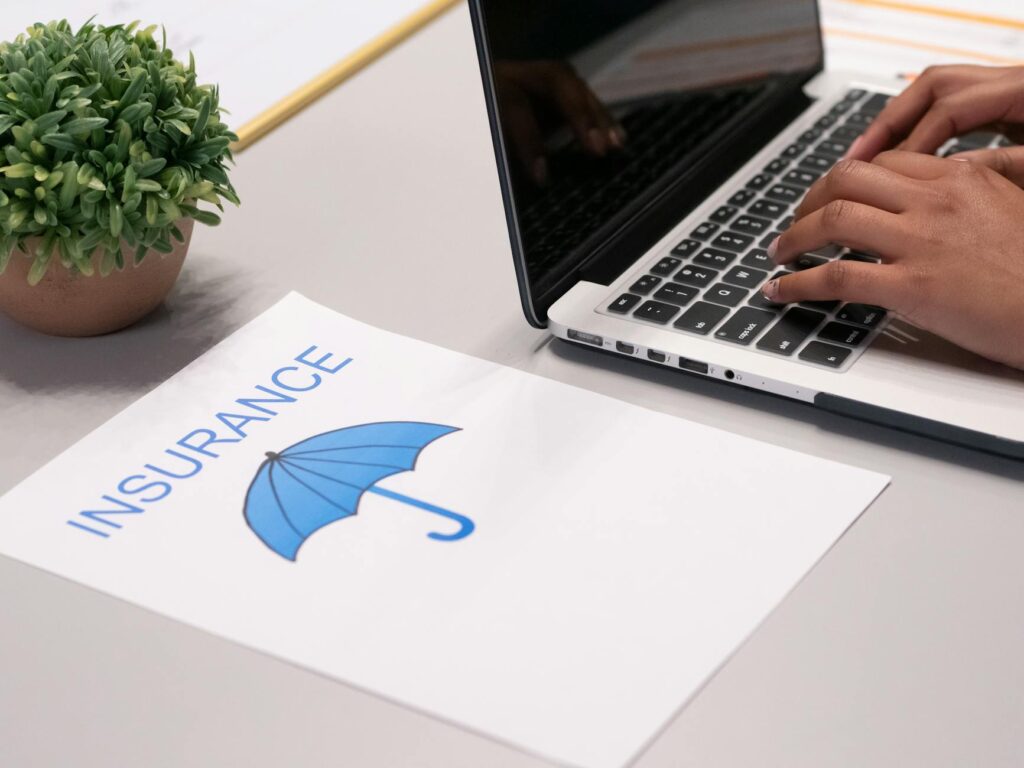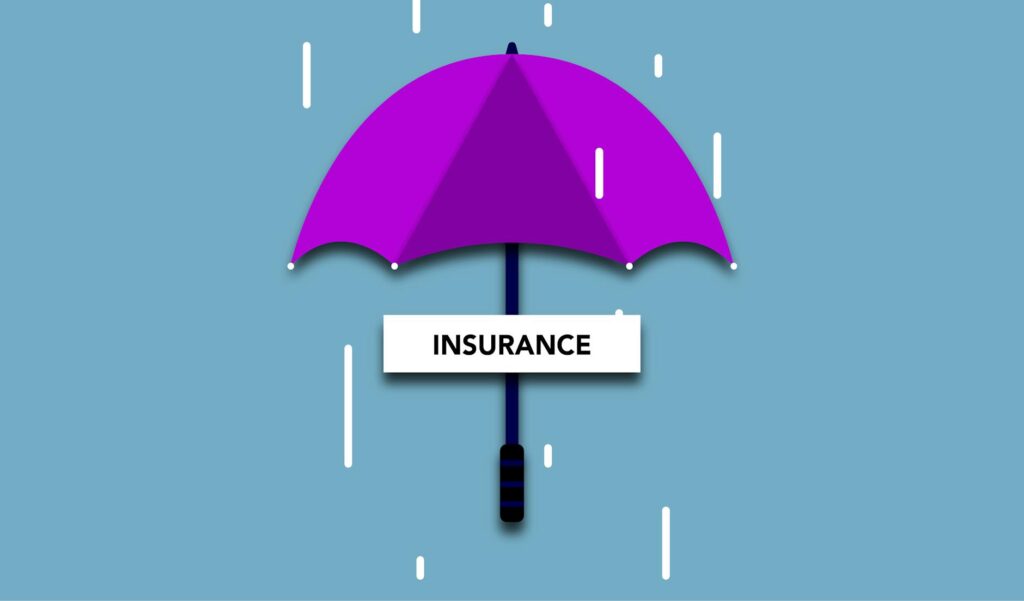Do you have gaps in your liability coverage? Umbrella insurance might be the solution you need for extra peace of mind. This type of insurance provides an additional layer of protection beyond the liability limits of your existing auto and homeowners insurance policies. Think of it as a safety net, catching you if something unexpected and costly happens.
What is Umbrella Insurance?
Umbrella insurance, also known as excess liability insurance, kicks in when the liability coverage of your other insurance policies is exhausted. For example, if you’re involved in a car accident and the damages exceed your auto insurance limits, your umbrella policy steps in to cover the remaining costs. 
How Much Coverage Do I Need?
The amount of umbrella coverage you need depends on your individual circumstances and risk profile. Factors to consider include your assets (home, investments, etc.), your lifestyle, and the potential for high-value lawsuits. Consider consulting with a financial advisor or reading our guide on assessing your risk to determine the right amount for you. It’s better to have more coverage than you need than to be underinsured when facing a significant liability claim. Policies typically start at $1 million in coverage and can go much higher.
What Does Umbrella Insurance Cover?
While specific coverages can vary by provider, umbrella policies generally protect you against liability claims arising from various situations, including car accidents, injuries on your property, defamation, and even some professional liability issues. This broad coverage is what makes it such a valuable addition to your overall insurance strategy. You can find detailed information about specific policy coverages on your provider’s website or on the Insurance Information Institute’s website.
Who Needs Umbrella Insurance?
While anyone can benefit from an umbrella policy, it’s particularly advantageous for individuals with significant assets, high net worth individuals, those who frequently travel internationally, and those in professions with higher liability risks (doctors, lawyers, etc.). Even if you don’t fall neatly into one of those categories, understanding the potential for liability is crucial in today’s world. 
How Much Does Umbrella Insurance Cost?
The cost of umbrella insurance is relatively low compared to the substantial protection it offers. The premium is generally determined by factors such as your underlying liability limits, claims history, and location. You can get quotes from various insurance providers online to compare prices and coverage options. It’s worth comparing multiple providers to find the best rates and coverage for your needs. [IMAGE_3_HERE]
Conclusion
Securing an umbrella insurance policy can provide substantial peace of mind knowing you have an extra layer of protection against unexpected liabilities. By understanding your risk profile and choosing the right coverage, you can safeguard your assets and financial future. Don’t hesitate to contact an insurance professional for personalized guidance.
Frequently Asked Questions
What is the difference between umbrella insurance and other liability insurance? Umbrella insurance provides excess liability coverage above and beyond the limits of your existing auto and homeowners policies.
How do I file a claim under my umbrella policy? Contact your insurance provider immediately after an incident that may require a claim. They will guide you through the process.
Can I get umbrella insurance if I have a poor driving record? It might be more difficult and more expensive, but it’s often still possible. You will need to provide full disclosure to your insurer.
What are the typical exclusions in an umbrella policy? Common exclusions include intentional acts, business-related liabilities (unless specifically covered), and certain types of professional liability. Review your policy carefully for specifics.
Is umbrella insurance worth the cost? Considering the potential for devastating liability claims, the relatively low cost of umbrella insurance often makes it a worthwhile investment in protecting your financial future. Consult a financial advisor to evaluate the risk in your specific situation.



